Tomatoes following Jerusalem artichokes
greentongue
15 years ago
Related Stories
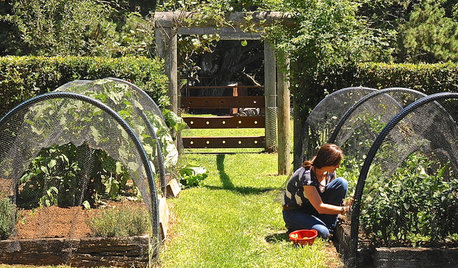
FARM YOUR YARDHouzz Call: Home Farmers, Show Us Your Edible Gardens
We want to see where your tomatoes, summer squashes and beautiful berries are growing this summer
Full Story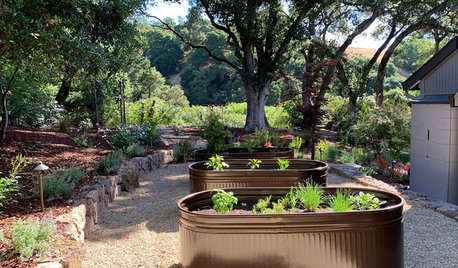
FARM YOUR YARD6 Things to Know Before You Start Growing Your Own Food
It takes time and practice, but growing edibles in the suburbs or city is possible with smart prep and patience
Full Story
GARDENING AND LANDSCAPINGWorld of Design: 10 Home Gardeners Show Us Their Sweet Summer Harvests
From New York to Tokyo, these gardeners have turned their yards, terraces and rooftops into places of bounty
Full Story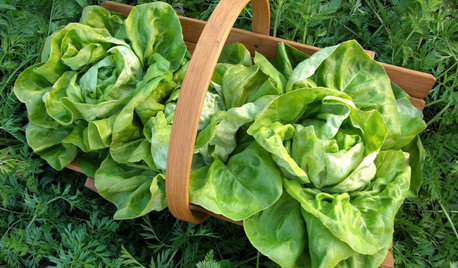
GARDENING GUIDES10 Easy Edibles for First-Time Gardeners
Focus on these beginner-friendly vegetables, herbs, beans and salad greens to start a home farm with little fuss
Full Story
KITCHEN DESIGNA Single-Wall Kitchen May Be the Single Best Choice
Are your kitchen walls just getting in the way? See how these one-wall kitchens boost efficiency, share light and look amazing
Full Story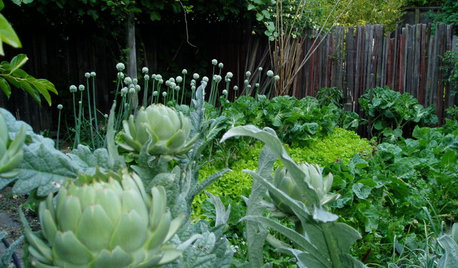
FRONT YARD IDEAS10 Ideas for a Front-Yard Edible Garden Your Neighbors Will Love
Choosing attractive, well-mannered plants and sharing the bounty will go a long way toward keeping the peace
Full Story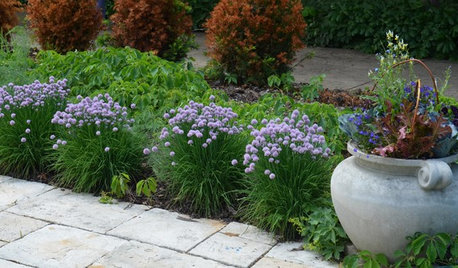
GARDENING GUIDESEdible Plants That Double as Ornamentals
Try growing these tasty plants with your ornamentals for an attractive garden and fresher meals
Full Story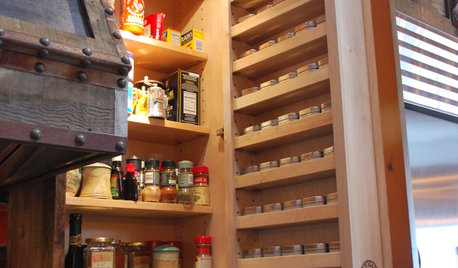
KITCHEN DESIGN7 Steps to Pantry Perfection
Learn from one homeowner’s plan to reorganize her pantry for real life
Full Story
EARTH DAYThe Case for Losing the Traditional Lawn
Work less, help the environment and foster connections by just saying no to typical turf
Full Story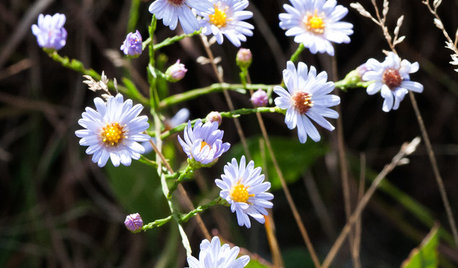
GARDENING GUIDESGreat Design Plant: Skyblue Aster (Symphyotrichum Oolentangiense)
This showy aster tolerates dry conditions and brings in the pollinators with its violet-blue flowers in fall
Full StoryMore Discussions






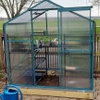
susaneden
raisemybeds
Related Professionals
Fillmore Landscape Architects & Landscape Designers · Manchester Landscape Contractors · Brooklyn Park Landscape Contractors · Fort Payne Landscape Contractors · Goodlettsville Landscape Contractors · New Berlin Landscape Contractors · Golden Valley Landscape Contractors · Cedar Hill General Contractors · Clive General Contractors · De Luz General Contractors · ‘Ewa Beach General Contractors · Joppatowne General Contractors · Ashburn Decks, Patios & Outdoor Enclosures · Kissimmee Decks, Patios & Outdoor Enclosures · Reading Decks, Patios & Outdoor Enclosuressusaneden
greentongueOriginal Author
susaneden
greentongueOriginal Author
raisemybeds
aninocentangel
greentongueOriginal Author
instar8